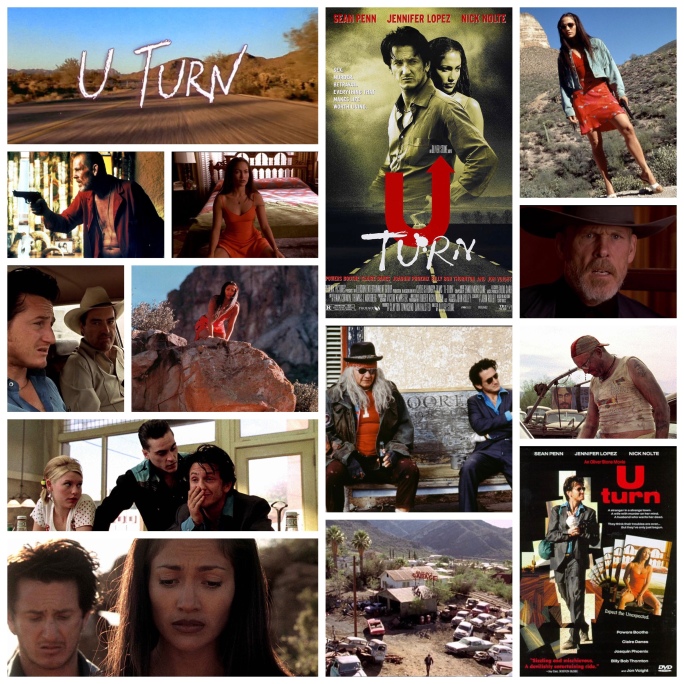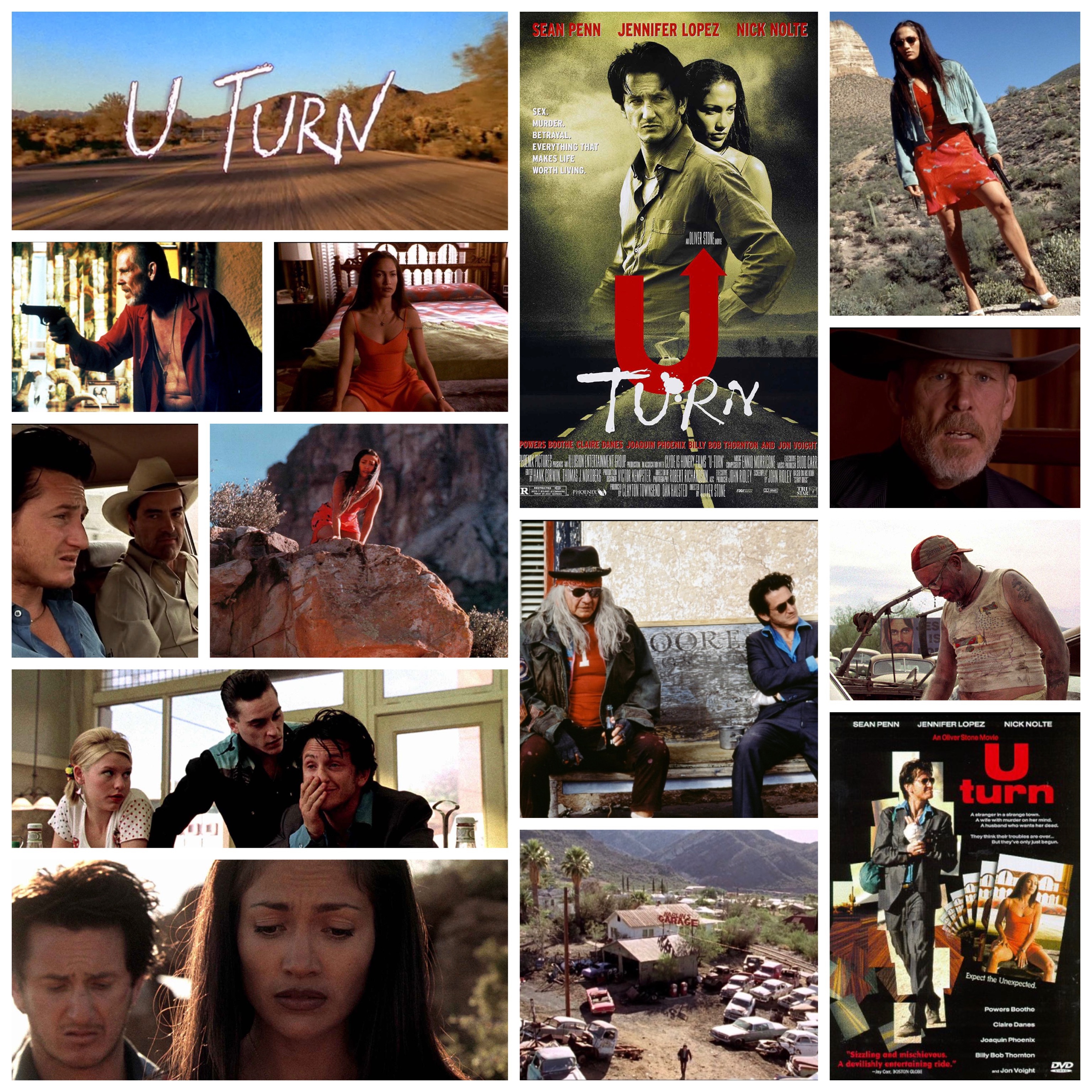
The Rainmaker is one of those journeyman courtroom dramas that’s isn’t all flash, sizzle and spectacle. There are those things periodically and in the obligatory final flourish but this is more a piece that shows the dutiful, unsung labour that goes into putting a deposition together, the many hours of stress involved in taking on a class action lawsuit and for once, a quality I admired, focuses more so on the victims who are suing rather than the lawyers themselves in terms of character. Based on a John Grisham novel and directed by a fellow you may have heard of called Francis Ford Coppola, it stars Matt Damon in a humble, restrained turn as rookie lawyer Rudy Baylor, riding on the coattails of amoral hustler guru Bruiser Stone (Mickey Rourke) and backed up by perennial sidekick Deck Shiffler (Danny Devito). Stone’s firm (if you can call it that) is an unabashed ambulance chasing racket until Rudy stumbles into some genuine high stakes cases that matter, namely a lawsuit against an insurance giant for denying treatment to a boy (Johnny Whitworth) dying of leukaemia. This puts Rudy and Deck up against a top dollar team of legal talent led by preening shark Jon Voight, the kind of soulless muckraker who gets ruffled at the very mention of the fact he’s sold out to the wrong side. Also along for the ride is battered housewife Claire Danes, whom Rudy takes a liking to and wishes to protect against her monster of a husband. It’s a fairly sprawling tale with an impressive amount of characters all juggled handsomely, not to mention a dense narrative that is somehow delivered to us breezily and coherently. But character is key here and ultimately wins the day; DeVito is terrific as the chow mein guzzling little curmudgeon who initially comes across as a sleaze but quietly, ever so subtly peels back a hidden and unobtrusive later of compassion as the story draws you, and him in. Rourke is priceless, chain-smoking, chewing dialogue and literally walking out of the film a third of the way through to some tropical beach where he delivers key information over the phone before returning to his all your can drink margaritas. Voight is cold, steely and blusters without getting hammy, something he’s always somehow been able to tightrope pretty damn well. Danny Glover is great as a sneakily idealistic judge, Dean Stockwell as a short lived and quite cantankerous one and watch for vivid supporting turns from Mary Kay Place, Teresa Wright, Red West, Randy Travis, Roy Scheider as the leathery, evil insurance CEO and a scene owning Virginia Madsen as a terrified whistleblower. I greatly enjoyed this because although it’s a big budget, star studded Hollywood courtroom drama, it takes its time, is leisurely paced, lived in, meticulous about character development, sincerely cares and has compassion for the humans who are scared and hurting within its narrative and tells several interwoven stories, all well worth your time and attention. Great film!
-Nate Hill




